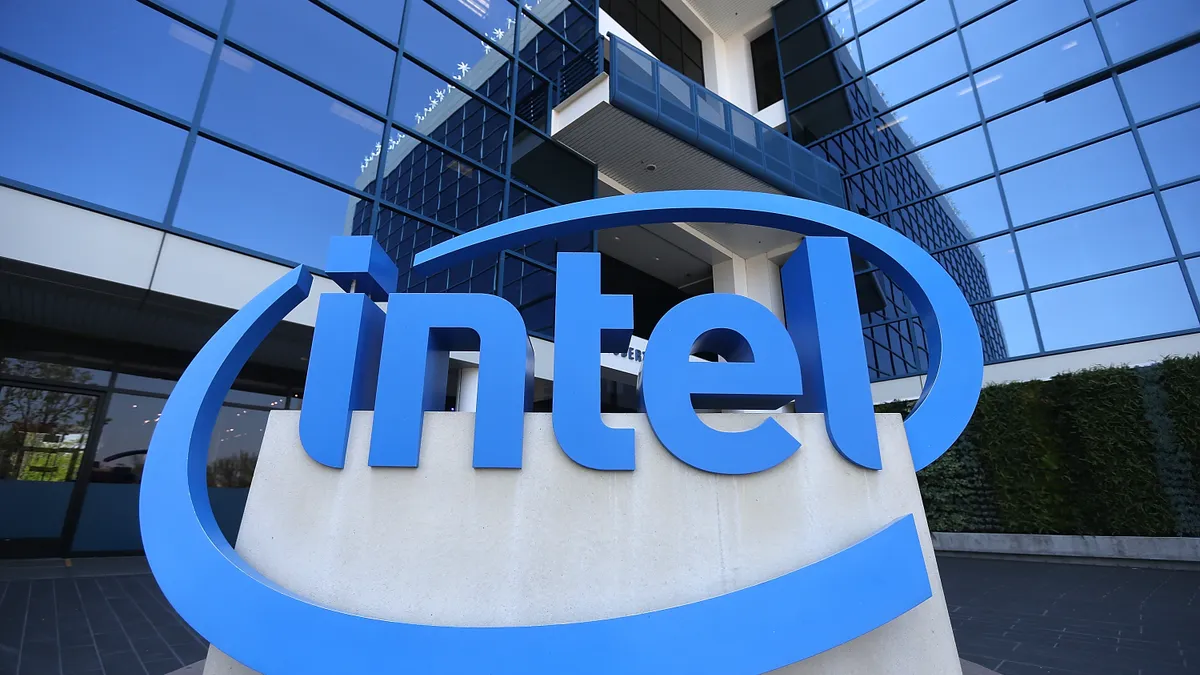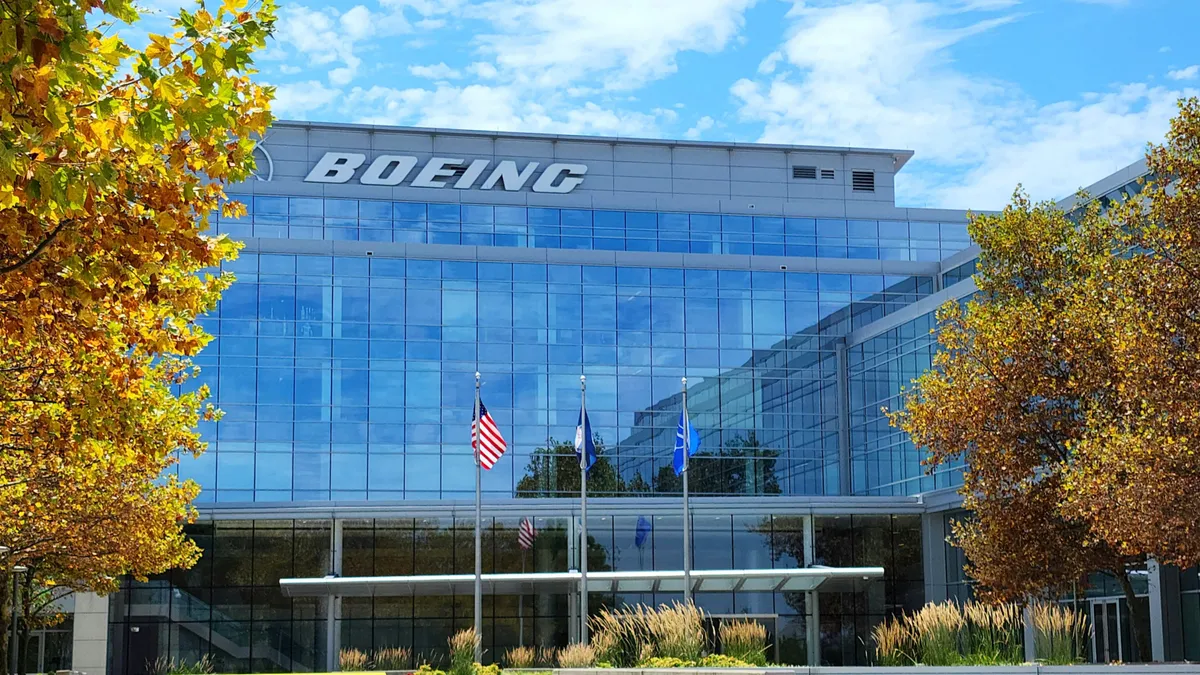Intel is restructuring its manufacturing business to operate as a standalone unit, executives shared during an investor conference last week.
Under the new structure, Intel’s internal product groups will work with the company’s manufacturing group similar to how chip companies without fabrication facilities engage with external foundries — treating them as its external customers requesting foundry services.
Along with driving cost savings of up to $10 billion by the end of 2025, the “internal foundry” model will underpin Intel’s recently established foundry business, EVP and CFO David Zinsner said.
“The manufacturing group will now face the same market dynamics as their foundry counterparts,” he said. “They’ll need to compete for volume through performance and price as internal customers will have the option to leverage third-party foundries.”
The new business structure is a key step in Intel’s turnaround plan to become a major contract chipmaker.
“This is a shift from today’s practice where cost is allocated from the manufacturing group to the business units,” Zinsner explained. “Pricing will be based on comparable industry benchmarks … This will provide an economic relationship akin to a fabless and foundry partner and shift the association from today’s support model to a customer-supplier relationship.”
Leveraging its new model, Zinsner said Intel expects to be the second-largest foundry next year, generating more than $20 billion in revenue from its manufacturing business.
With Intel’s strategy for regaining tech leadership in the industry by 2025 “proceeding well,” efforts now center on delivering the “best-in-class cost structure, which is what the Internal Foundry Model is intended to facilitate,” Zinsner told investors.
Intel CEO Patrick Gelsinger announced plans to open manufacturing capacity to external chip companies with the launch of Intel Foundry Services in March 2021. Simultaneously, the company unveiled plans for its first large-scale foundry operation in Arizona to ensure capacity for customers.
At the time of the announcement, Technalysis Research Chief Analyst Bob O’Donnell expressed cautious optimism on the turnaround plan in a Seeking Alpha post.
For decades, Intel only designed and built its own chips, O'Donnell said. "The company was the poster child for an integrated device manufacturer,” he said.
“Intel is planning a significantly more open and comprehensive approach to chip manufacturing that it hopes will once again return it to its leadership position in process technology and make it a significant worldwide competitor against TSMC, Samsung, GlobalFoundries, United Microelectronics Corp. and others,” O’Donnell explained, adding that catching up on process technology is “an extremely challenging task.”












